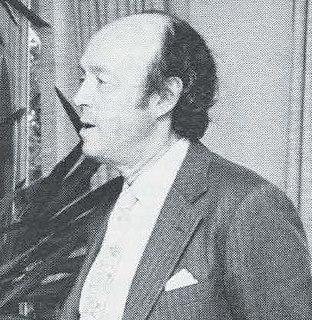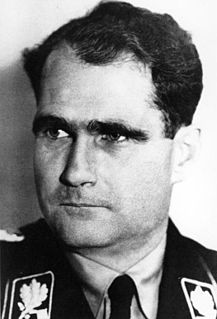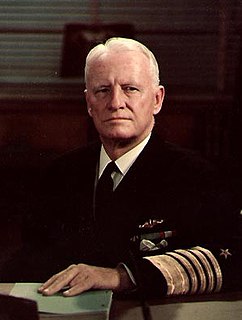A Quote by Anthony Lewis
Americans, we passionately believe, are a humane people. We showed that in restoring wounded economies abroad after World War II, even those of our enemies, Germany and Japan.
Related Quotes
America felt victorious and generous after World War II. They had also learned from the mistakes after World War I when they imposed punishment on Germany. What became of Germany? A Nazi dictatorship which threatened the world. Today's Germany doesn't feel as prosperous and generous as America then. But actually, Germany still is very prosperous.
However, there is a fundamental difference between the issue related to Japan's history and our negotiations with China. What is it all about? The Japanese issue resulted from World War II and is stipulated in the international instruments on the outcomes of World War II, while our discussions on border issues with our Chinese counterparts have nothing to do with World War II or any other military conflicts. This is the first, or rather, I should say, the second point.
Between 1965 (the beginning of LBJ's "Great Society") and 1994, welfare spending has cost the taxpayers $5.4 trillion in constant 1993 dollars. The War on Poverty has cost us 70 % more than the total price tag for defeating both Germany and Japan in World War II, after adjusting for inflation. Many believe that Welfare has destroyed millions of families and cost a huge portion of our national wealth in the process.
It's important to remember that World War II was experienced very much as a continuity in that sense. Most of World War II in most of Europe wasn't a war; it was an occupation. The war was at the beginning and the end, except in Germany and the Soviet Union, and even there really only at the end. So the rest of time it's an occupation, which in some ways was experienced as an extension of the interwar period. World War II was simply an extreme form, in a whole new key, of the disruption of normal life that began in 1914.
I hope that the outside world will realise that Hitler's government has no idea of steering towards war, even though this has often been asserted abroad. As Adolf Hitler himself has said, Germany has no need of another war to avenge the loss of her military honour, because she never lost that honour. Germany does not want war of any kind. Germany wants real and abiding peace.
I think in many ways, the Spanish Civil War was the first battle of World War II. After all, where else in the world at this point did you have Americans in uniform who were being bombed by Nazi planes four years before the U.S. entered World War II? Hitler and Mussolini jumped in on the side of Francisco Franco and his Spanish nationalists, sent them vast amounts of military aid, airplanes, tanks - and Mussolini sent 80,000 ground troops as well - because they wanted a sympathetic ally in power. So I think it really was the opening act of World War II.

































